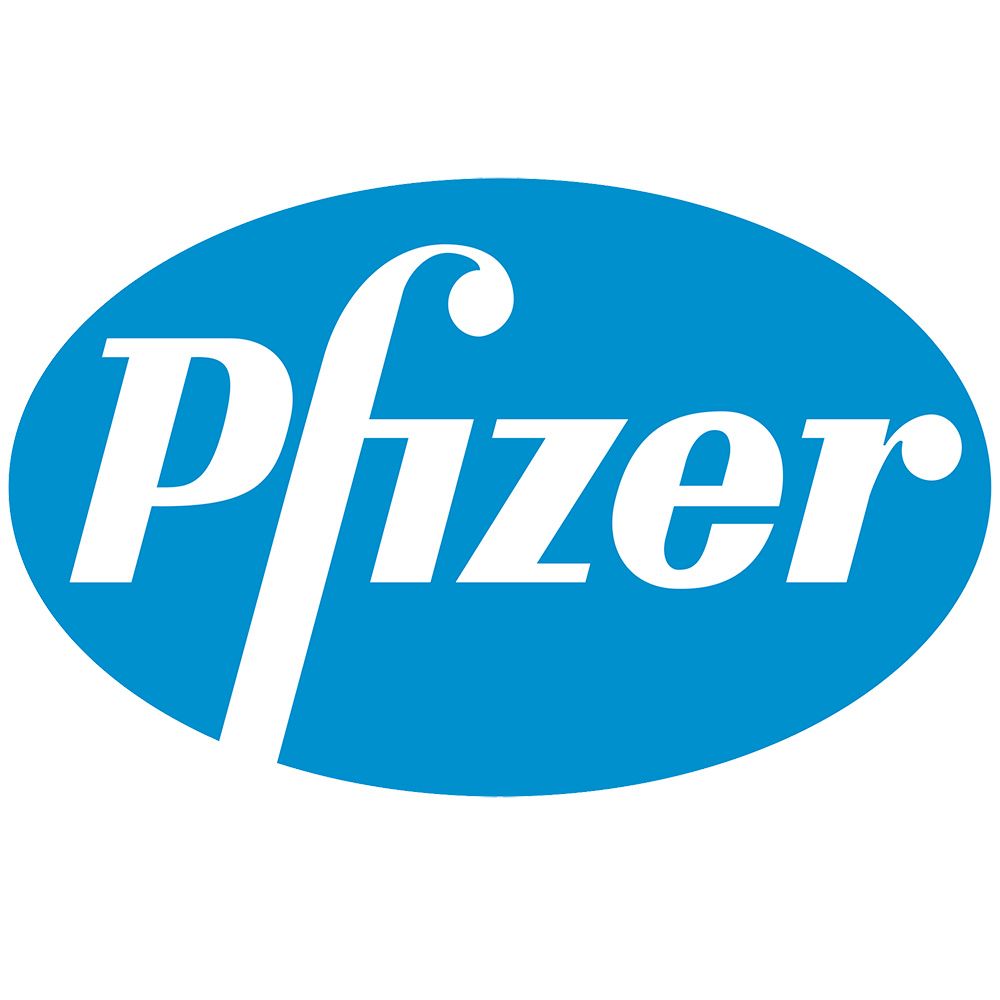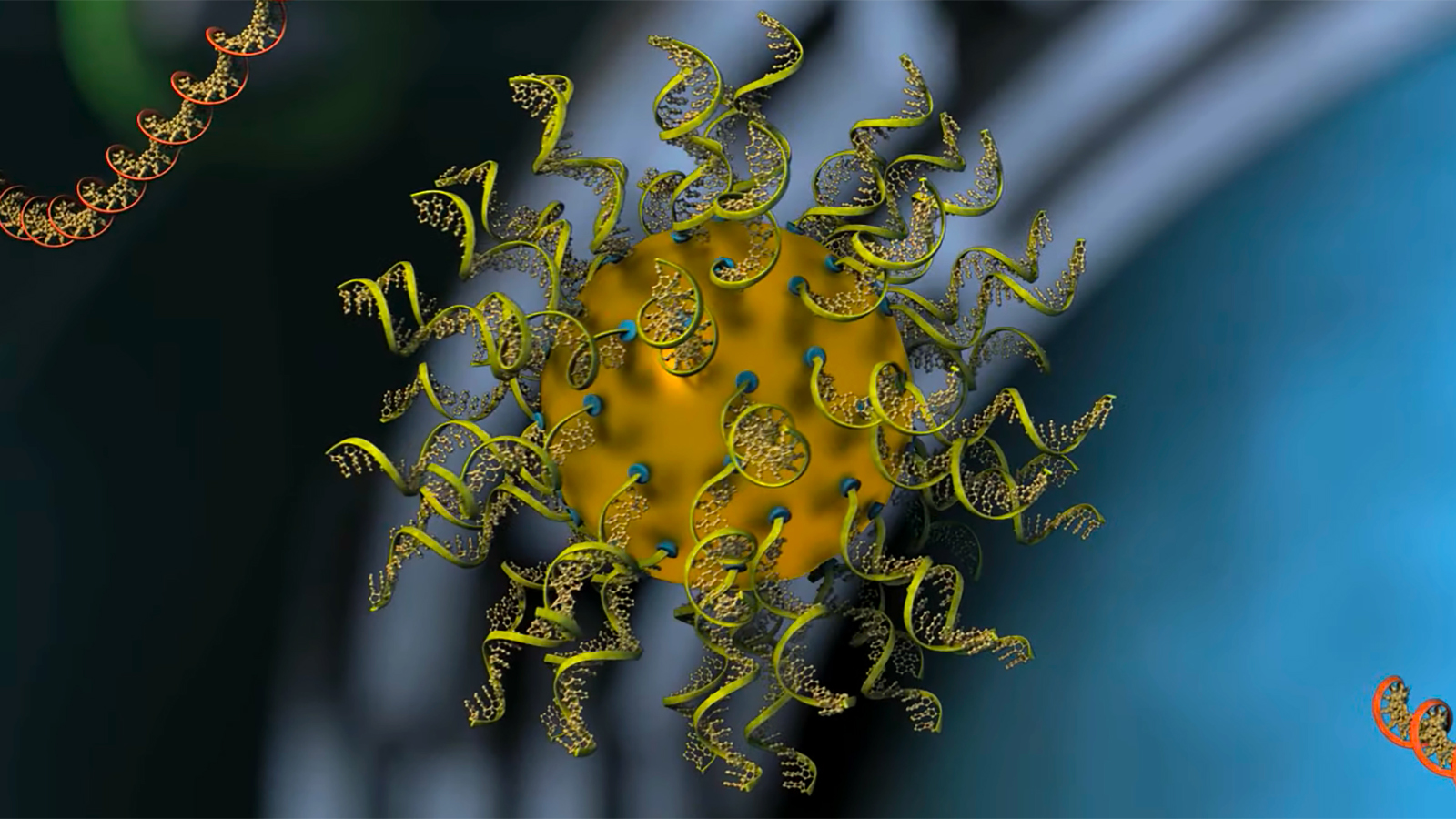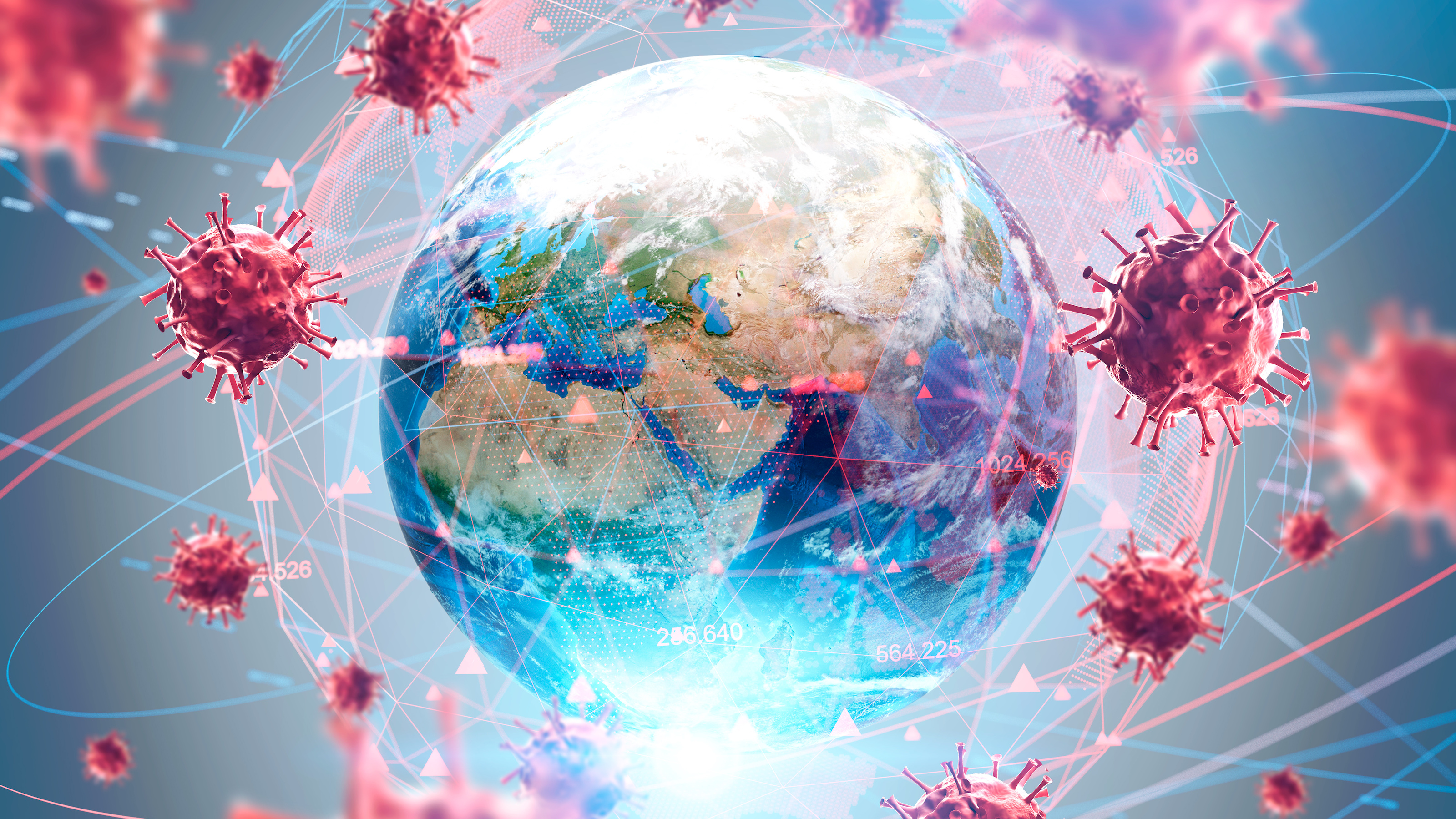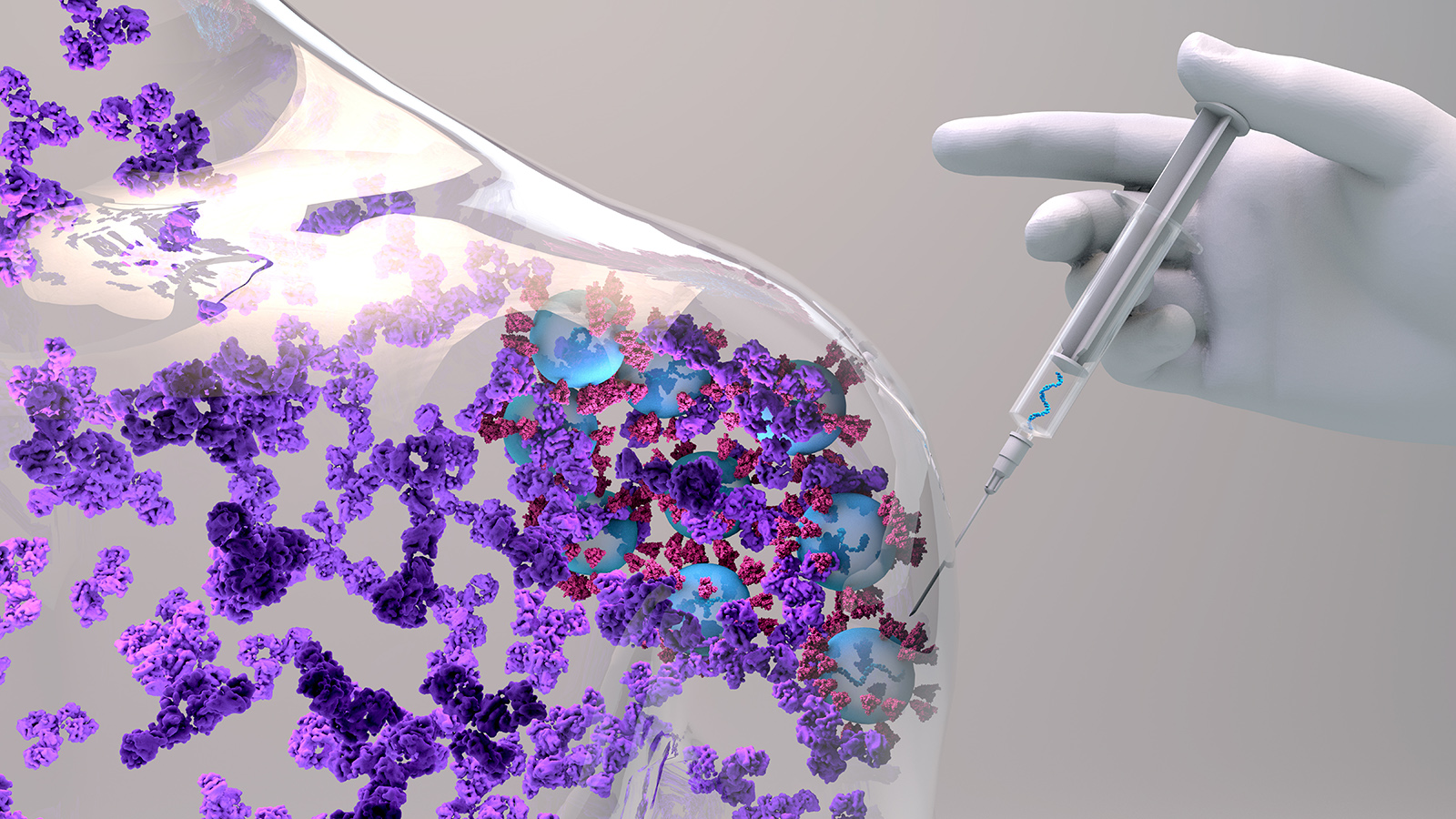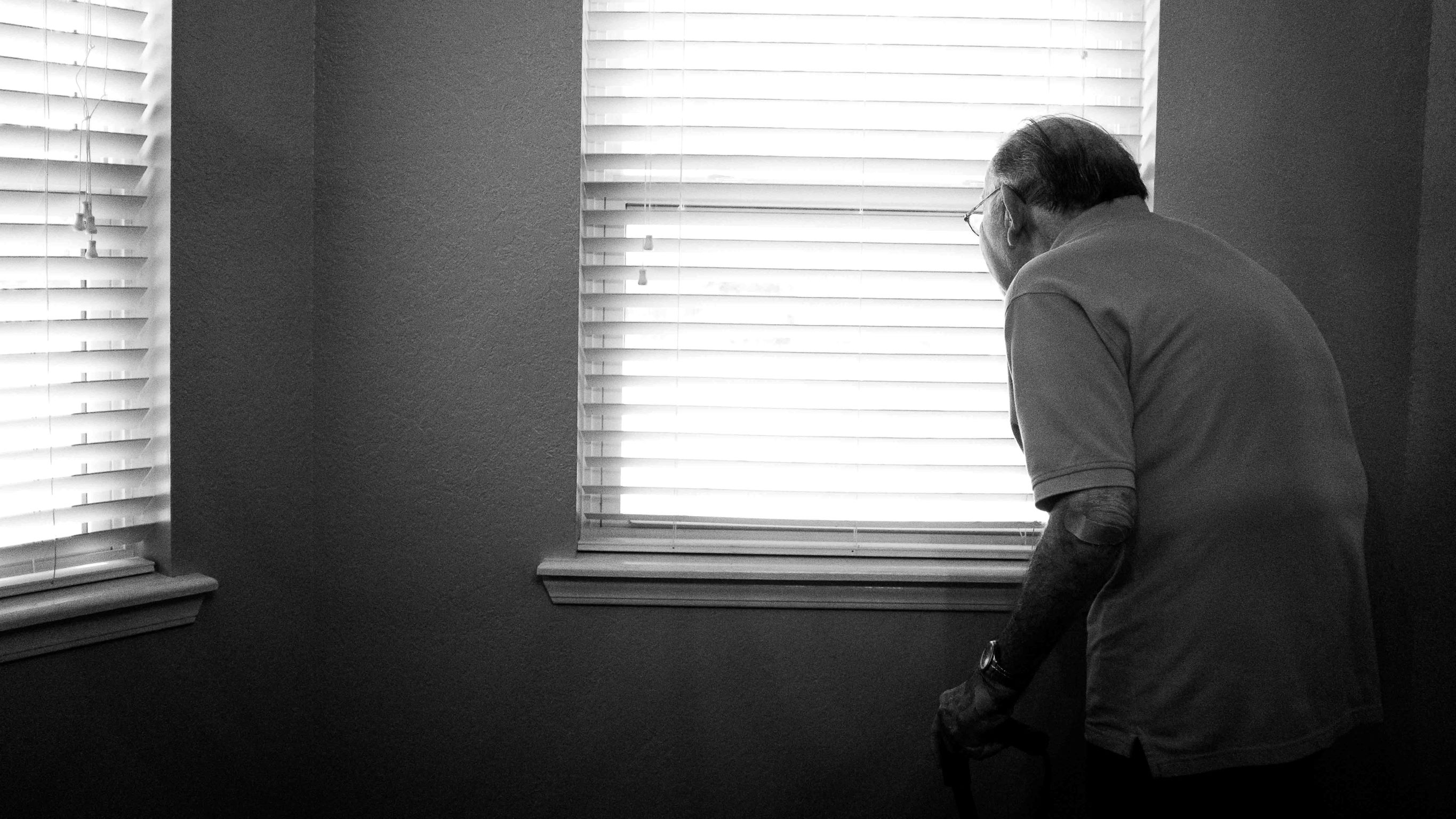SUSAN SILBERMANN: Community health workers play an important role for the health of women and their families. Often they're the connection to the health care system and they educate women about the importance of interventions like vaccines and family planning. They also provide important health care through models like integrated community case management that address nutrition, malaria, diarrhea, and pneumonia.
Now let me tell you a story about a healthcare worker in Ghana that we recently met. She works in a clinic in a small village in the Ho region of Ghana, which is approximately three hours north of the capital. In her clinic there is no electricity, there's no running water. Now these two elements are critical to ensure safe and effective use of medicines.
For example, vaccines need to be stored at a specific temperature to maintain their effectiveness, and therefore they are stored in fridges, which are powered by electricity. Instead of storing the vaccines in her clinic, the healthcare worker travels one hour each way on the bus to get fresh vaccines and transport them for the day in a cooler. She then works all day at the clinic administering these vaccines and seeing mothers, children, and babies. Without the dedication of health care workers like this one in Ghana, it's very likely that communities of children would not have the opportunity to be vaccinated.
As a global company, you'd expect that we'd have a great passion for innovating to discover new vaccines, and we do that. What you might not expect is that we're also truly passionate about innovating on our existing vaccines, both in the vaccine vial and in the packaging they arrive in. We do this based on learnings about the constraints that face the people we are trying so very hard to reach. So what does innovation look like? Well, I brought a vial to show you. This tiny vial is an incredible testament to scientific innovation. Until 2017, it provided one dose to vaccinate one child. But now, this vial provides four doses so we can vaccinate four children. By combining multiple doses into one vial we've reduced the storage space and the shipping requirements. Innovations like this will help make it easier to get vaccines to children everywhere.
Here is a startling fact: Sub-Saharan Africa bears nearly 25 percent of the disease burden in the whole world, and yet they only have three percent of global health care workers. So one of the things we feel is really critical is ensuring that health care workers are trained to administer vaccines. For example, 2017 was the first year that Pfizer's new multi-dose vial became available in Gavi countries. In order to ensure the health care workers were appropriate trained we partnered with AMP and the World Health Organization to develop a pneumococcal conjugate refresher course along with the training program on our multi-dose vial.
In partnership with WHO and our implementing partner AMP, we developed a "train the trainer" model for our new multi-dose vial. The train the trainer model allows country ownership by starting with a small group of health care workers who then become master trainers. Then, in turn, they train the next level of health care workers until the training reaches the most remote villages. The materials are all engaging and easy to understand. The training finishes with a required knowledge test.
We have to make sure that vaccines get to those who need them the most. I've often said that our job doesn't end when we make a vaccine and ship it to a distribution center; what good is a vaccine if it isn't reaching the people who need it the most? Or if the health care workers aren't able to administer a new version of our vaccine, like our multi-dose vial? So when our new multi-dose vial became available in Gavi countries in 2017 we trained 27,000 health care workers across 15 countries. And this year we expanded the program to an additional nine countries with the goal of reaching another 17,000 health care workers by the end of the year.
I firmly believe that strengthening global partnerships between public and private stakeholders is essential to providing a brighter and healthier future for all. It's why I'm so excited to see all the focus and commitment around Sustainable Development Goal number three—good health and wellbeing. One of the most impressive private-public partnerships working toward that goal is being spearheaded by Gavi, the Vaccine Alliance. Now Pfizer is very proud to be a part of this effort, which is working to speed up access to lifesaving vaccines which are delivered by the teams from UNICEF and local ministries of health care working on the ground.
Working with Gavi, we at Pfizer have been supplying millions of doses of our vaccines to help protect the world's most vulnerable children. This partnership opens the door to good health for more children, helping to prevent disease, especially in communities where health care systems are still developing.
